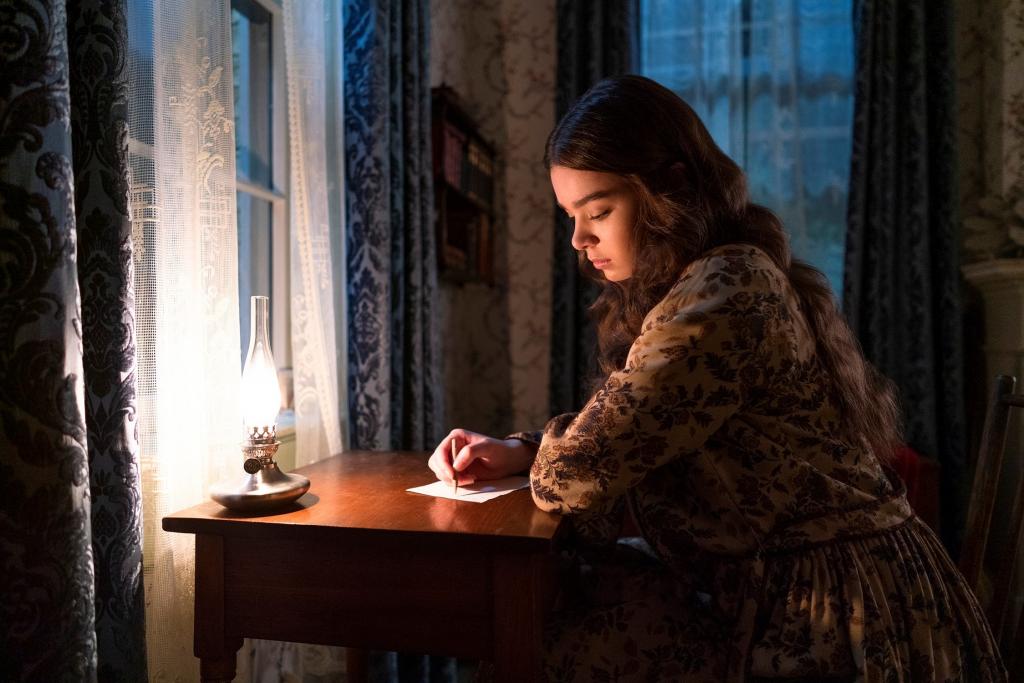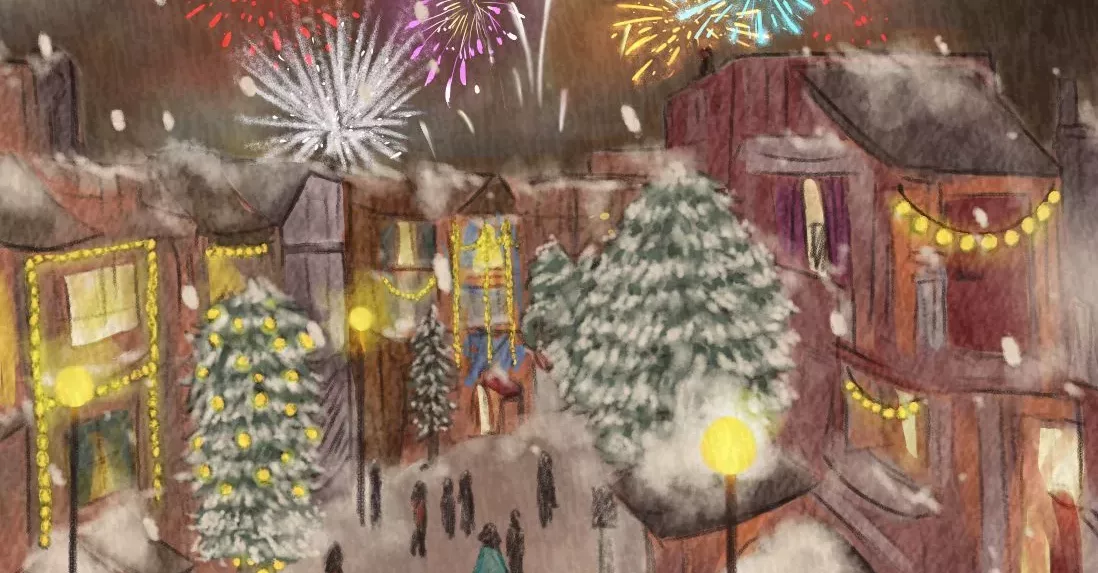My Thoughts on Emily Dickinson and Death

I often wonder what Emily Dickinson is doing in her most desired and dearest “House” that fascinated her so much that she had given up all the unfinished tasks and enjoyed the carriage ride towards her “House.” I wonder how she felt when she met her invisible friend- “Death”- which made her so hypnotised that without even seeing it, she was able to portray its taste and authenticity in her poem “I like a look of agony,” its gentleness that seemed to her a trusted friend in “I could not stop for Death,” its figurative image that appeared to her like a King in “I Heard a Fly Buzz.”
The reason I wonder about all these things is that I, too, can sense “Death.”
Every night when I get ready for sleep, the thought of “Death” comes to me and begins whispering to my soul, asking me questions about morality and human acts, the consequences of all the good and bad deeds, and the very next morning I wake up with a distastefulness towards the world, questioning myself what the purpose of existence is, worrying how I would survive if someone I love should die.
I believe people often share their thoughts with someone whose mind works like theirs, and I examined and found the reflection of my thoughts within Emily’s. It may sound ironic because I usually consider myself a brave one, but sometimes the thought of “Death” makes me so nervous that I start to fear everything. However, I also find beauty in the most frightening “Death” by reading Emily’s poems and often get amazed knowing she had written 1800 poems perceiving closely all the precious aspects of nature and the unavoidable objective of life and “Death” instead of rejoicing all socio-cultural life.
More precisely, I don’t recall any other particular person who wrote more than five hundred poems on the subject of death. In one of her letters, she wrote to Thomas W. Higginson, “If I read a book and it makes my whole body so cold no fire can ever warm me, I know that is poetry. If I feel physically as if the top of my head were taken off, I know that is poetry. These are the only way I know it.” I feel about her poems on the theme of “Death” this exact way. These give me goosebumps but, at the same time, provide me with the strength to face “Death” fearlessly.
What makes me astonished is that she didn’t have faith in conventional Christian belief but certainly had faith that her poetry would be published, and because of that, when suffering from eye trouble, she became afraid she would die, and the poetry would not be in its proper form thus she started rewriting her poems and bundling them together into packets and posies. It motivated me to start writing without worrying about publishing. Because eventually, her poems were published, and now she is considered one of the most influential and eminent American intellectuals of the 19th Century.
Does that give me faith as well? Only time will tell, I guess.

Follow The Interlude for more!





